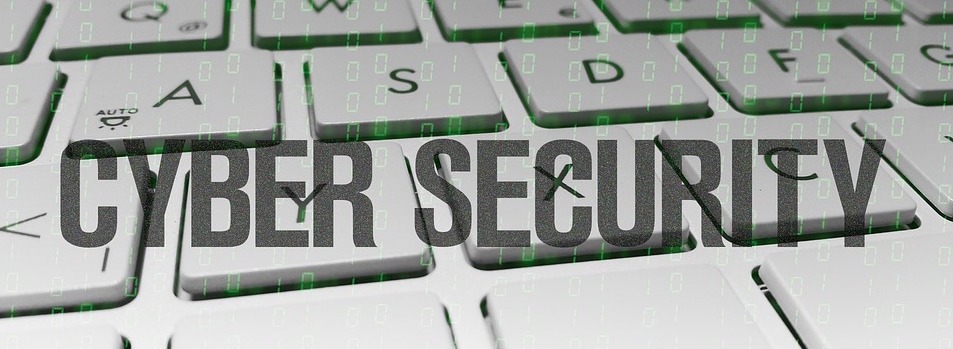
Security is one of those things that we all hear about and think it is a good thing, but then we tend to let someone else worry about it. Although FAU has taken many steps to make its data and network secure, you need to be aware that what you do online can put you, or at least your computer, at risk. A little bit of forethought on your part can go a very long way in making sure your security is not compromised.
*Note: FAU will never send you an email asking you to verify personal information with your password or Social Security Number.
Nor will they ask you to reset your account via email link*
Phishing is the act of disguising as a trustworthy entity (such as an administrative figure from a school, financial institution, etc.) to gather information that could be used to compromise one's identity, school credentials, and/or banking information. One of the most common practices of phishing is found through email. You may receive emails from FAU and other credible institutions on a daily basis, but you should always question every email's legitimacy before clicking on any links or attachments. It is best practice to delete an unsolicited email if you are unsure of its validity. If the email is especially concerning and you need to know if it is an attempted phishing attempt, you can forward the email in question to our department at security@fau.edu and we will assist you in making this decision. In the event that you accidentally click on any links or attachments in a phishing email, it is best to, at the very least, change your FAU password (as well as any other sensitive accounts that use this same password).
Many of you who file your taxes this season can be vulnerable to tax-related scams. Numerous schemers take advantage of users by alleging to have information about the filer’s refund, or noting a problem with the return that you previously filed.
Vigilance about the security of your online activities is required every day, but is even more important during this time of year. Tax season can be stressful for a lot of people, and cyber criminals exploit this through targeted phishing attacks that try to scare you or entice you into clicking on a link or opening an attachment.
Here are some basic precautions that will minimize your risk:
1. Do not respond to emails appearing to be from the IRS. The IRS does not initiate taxpayer communications through email or social media tools to request personal or financial information. The IRS does not send emails stating you are being electronically audited or that you are getting a refund. If you receive an unsolicited email or Phone call claiming to be from the IRS, contact phishing@irs.gov.
2. Do not send personal or sensitive information in an email. Criminals may intercept the information.
3. Do not open any attachments or click on links contained in suspicious emails. Common scams push tax rebates, offer you a great deal on tax preparation or offer a free tax calculator tool. If you did not solicit the information, it’s likely a scam.
4. Carefully select the sites you visit. Safely searching for tax forms, advice on deductibles, tax preparers, and other similar topics requires caution. Do not visit a site by clicking on a link sent in an email, found on someone’s blog, or on an advertisement. The website you land on may look just like the real site, but it may be a well-crafted fake.